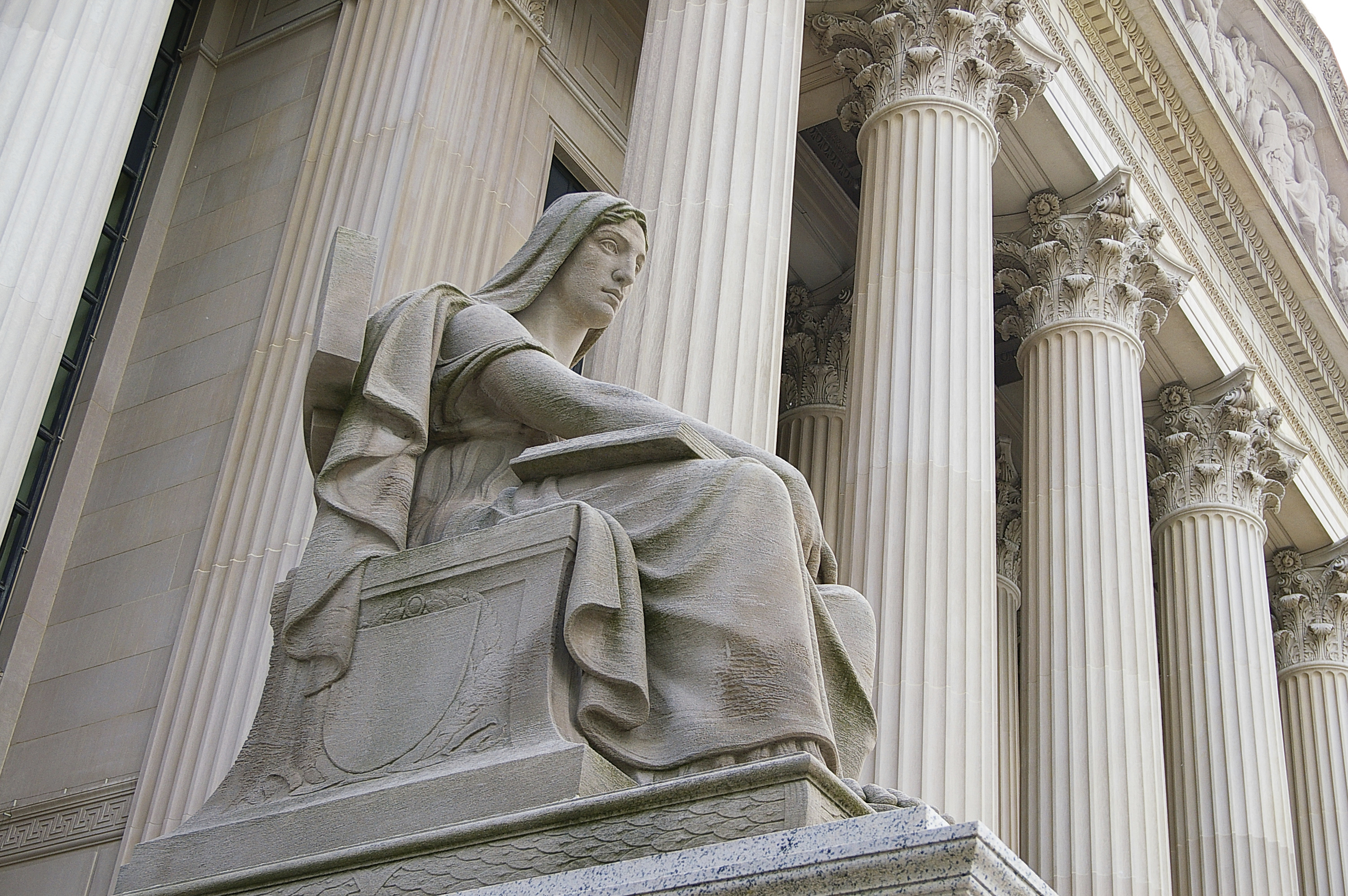
The Obama administration weighed in on the side of the broadcasters in an amicus brief filed in early March. The government has bought the networks’ argument that Aereo’s business is in fact a retransmission of protected content.
Aereo has received financial support from Barry Diller, CEO of IAC/InteractivCorp (NASDAQ: IACI) and is opposed by Walt Disney Co. (NYSE: DIS), CBS Corp. (NYSE: CBS) and Comcast Corp. (NASDAQ: CMCSA), all of which own broadcast TV networks.
In the New York case, the judge ruled that the Aereo system is essentially the same as a DVR, a device that was declared legal several years ago because its retransmission of programming is made to a single subscriber and is not a performance aimed at the general public. The networks (and the U.S. Justice Department) argue that Aereo is retransmitting broadcast content to the public, and therefore is violating copyright protection.
The difference, as far as the copyright law is concerned, is between a private performance and a public performance. Watching an over-the-air broadcast of a TV show in your own living room is a private performance and does not require a payment to the copyright holder. A cable or satellite company transmitting the same programming to your living room is a public performance under the law, and the cable or satellite company must pay a retransmission fee, which you reimburse them for when you pay your cable or satellite bill.
If Aereo wins, the networks will have a very hard time extracting retransmissions fees from the cable and satellite providers, who will be back in court in a heartbeat to argue that they should also be exempt from paying the retransmission fees. It is difficult to see how the Supreme Court can rule in Aereo’s favor without turning the TV business upside down — and the Supremes nearly always prefer incremental change to revolution.
If Aereo loses, they company will almost certainly go out of business, unless the ruling is narrow enough to let the company squeeze through the gap. If that happens, the networks will take their money, power and influence directly to Congress in an effort to close that remaining gap and beat back the threat to their existence.
That is what makes today’s oral argument so important, and why we will be holding our collective breath until the Court rules sometime before its summer recess.
ALSO READ: Comcast and Time Warner Cable Merger Faces Stock Shock Dilemma
Travel Cards Are Getting Too Good To Ignore (sponsored)
Credit card companies are pulling out all the stops, with the issuers are offering insane travel rewards and perks.
We’re talking huge sign-up bonuses, points on every purchase, and benefits like lounge access, travel credits, and free hotel nights. For travelers, these rewards can add up to thousands of dollars in flights, upgrades, and luxury experiences every year.
It’s like getting paid to travel — and it’s available to qualified borrowers who know where to look.
We’ve rounded up some of the best travel credit cards on the market. Click here to see the list. Don’t miss these offers — they won’t be this good forever.
Thank you for reading! Have some feedback for us?
Contact the 24/7 Wall St. editorial team.




